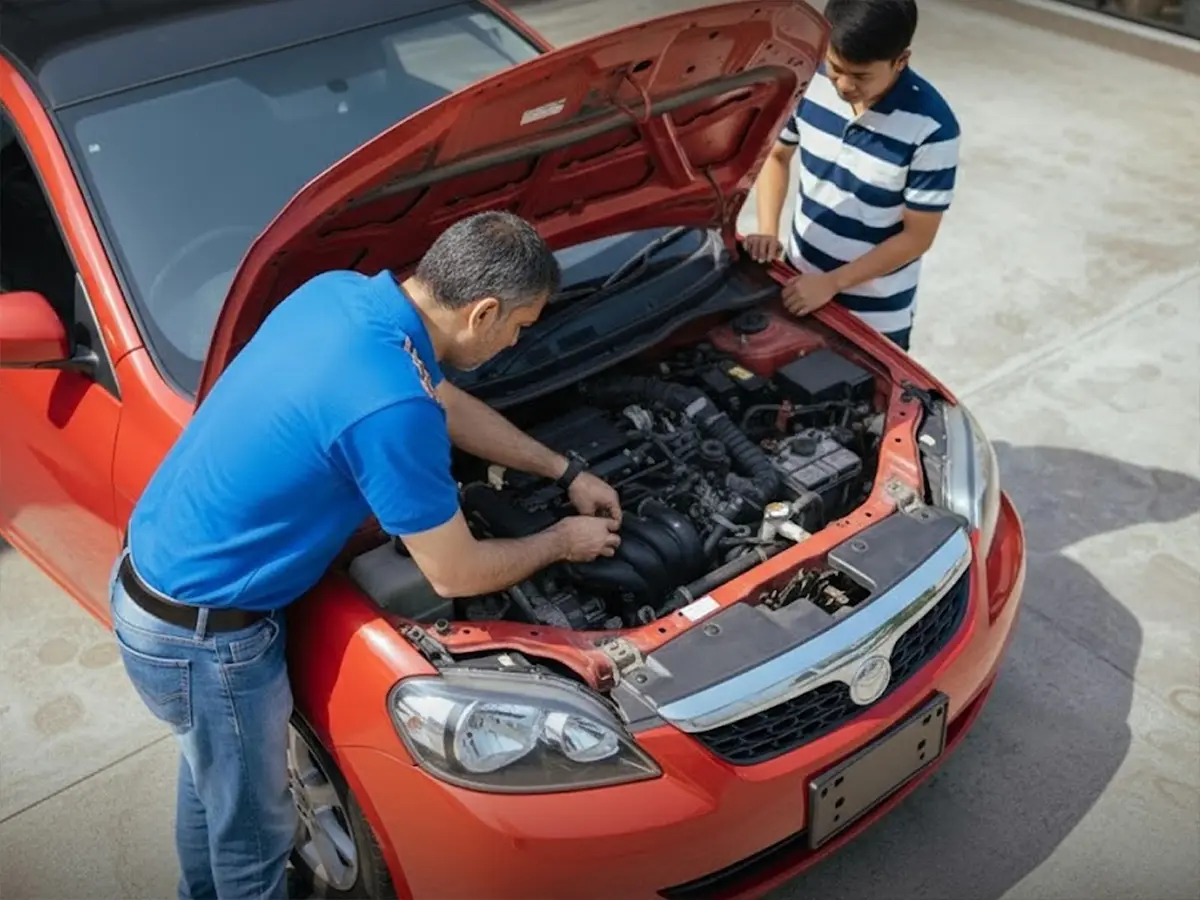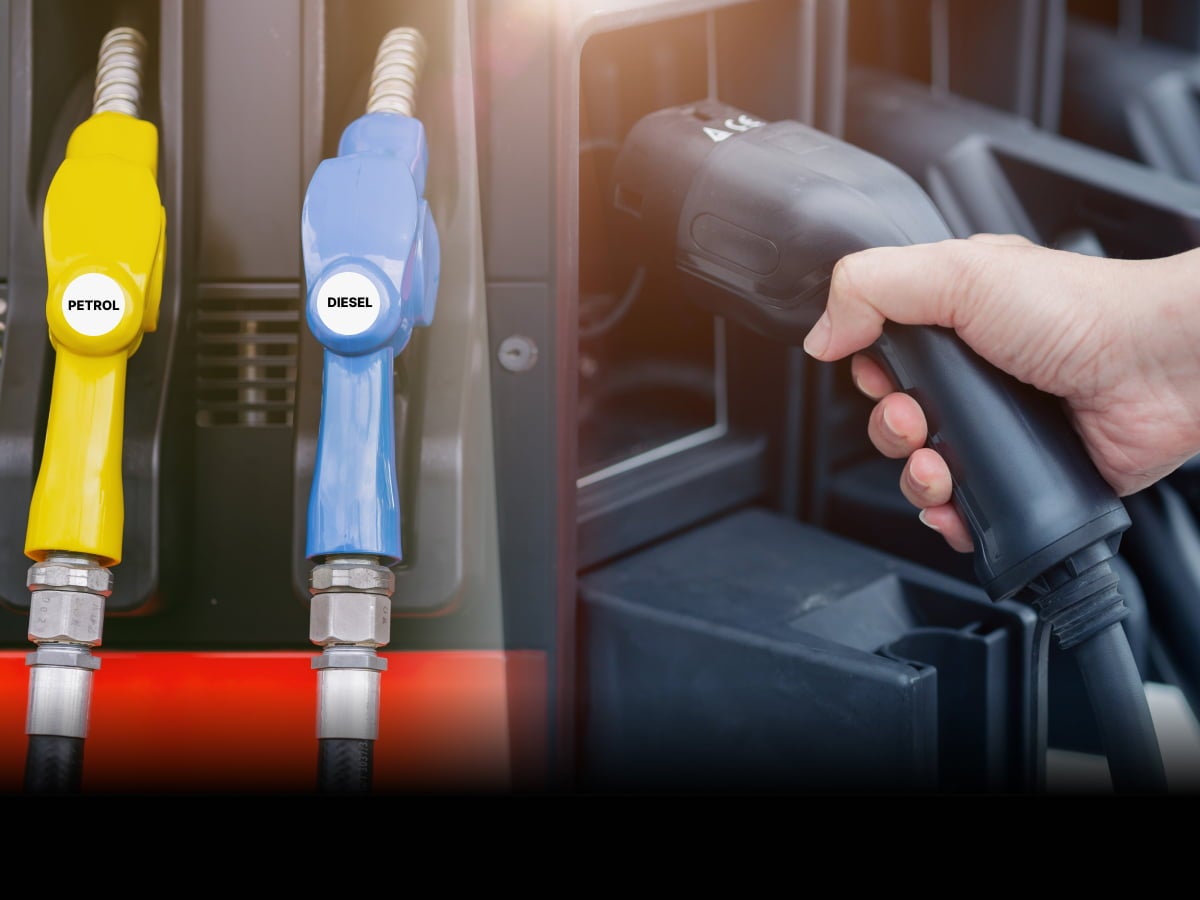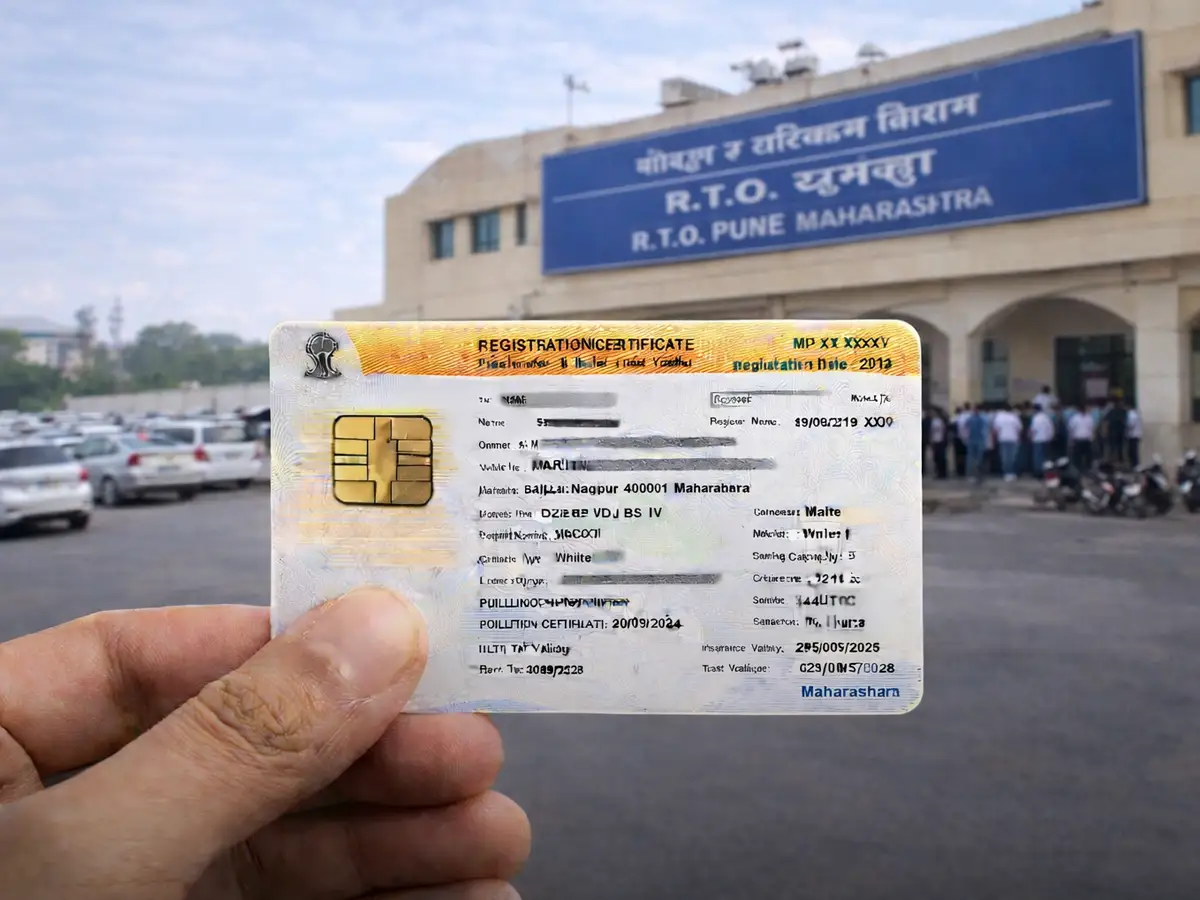

How do Spark Plugs Work: Everything You Need to Know
- 1Petrol engines use spark plugs, while diesel engines rely on glow plugs
- 2Check spark plugs every 10,000–15,000 km to avoid misfires and rough idling
- 3Replacing worn plugs boosts fuel efficiency and smoothens acceleration
When you turn the ignition key or press the start button in your car, bike, or scooter, a small yet crucial component, known as the spark plug, springs into action. Often overlooked, these small components play a pivotal role in ensuring your engine runs smoothly, efficiently, and reliably. In this comprehensive guide, we'll delve into what they are, how they work, the different types available, and how to maintain them for optimal performance, or when to replace them altogether to avoid breakdowns.
What Are Spark Plugs?
Spark plugs are a vital component in internal combustion engines. They are responsible for igniting the air-fuel mixture within the combustion chamber, the process which generates power and makes the vehicle move. The number of spark plugs present in your vehicle depends on the number of cylinders in the engine. In petrol engines, these plugs create a spark that ignites the air-fuel mixture, while diesel engines operate differently and do not use spark plugs.
For e.g., a normal petrol bike or scooter in India, such as a TVS Raider or a Honda Activa, are single cylinder engines, and will usually utilise a single spark plug. However, cars like the Maruti Suzuki Swift, or Honda City, have a 3-cylinder and 4-cylinder engine respectively, utilising 3 and 4 spark plugs each.
Diesel engines, however, do not use spark plugs. Instead, they rely on glow plugs—heating elements that warm the air in the combustion chamber. Since diesel engine work
What Spark Plugs Are Made Of

Spark plugs are directly inserted into the combustion chamber, where the power stroke occurs. This means that they have to endure a lot of pressure and heat. Hence, they are crafted from materials designed to withstand extreme conditions. Here's a breakdown of all the components that make a spark plug :
Center Electrode
Often made from nickel, copper, or precious metals like platinum or iridium. These materials can handle the high temperatures and pressures within the combustion chamber.
Insulator
Typically composed of ceramic materials, the insulator ensures electrical isolation and helps dissipate heat.
Ground Electrode
Usually made from high-nickel steel, sometimes with added platinum or iridium to enhance durability. Spark plugs come in various sizes and designs to fit different vehicles. For instance:
- Maruti Suzuki Swift: Uses NGK plugs
- Honda Activa: Compatible with Bosch plugs
- Bajaj Pulsar 150: Often uses Denso plugs
These variations ensure optimal performance tailored to each vehicle's specifications.
How Spark Plugs Work
Inside every gasoline engine, there’s a bunch of small explosions happening all the time. Although this may sound intense, these explosions are controlled and necessary for the engine to function. They're what generate the power to move your car. Spark plugs are what kicks off each of those mini-explosions.
A spark plug is a small device that screws into the top of each cylinder in your engine. Its main job is to ignite the fuel and air mixture that’s been drawn into the cylinder. Here’s how the magic happens:
- Air and fuel get mixed – Your engine pulls in air and mixes it with gasoline.
- Piston compresses the mix – A piston squashes this mixture to make it ready for the power stroke.
- Spark plugs provide the spark – Just at the right moment, the spark plug zaps out a tiny bolt of high-voltage electric spark.
- A controlled explosion occurs – The plugs ignite the compressed air-fuel mixture, causing an explosion that pushes the piston back down, which turns the engine and, eventually, the wheels.
- Repeat – This happens hundreds of times every minute in each cylinder, over and over.
The timing of the spark has to be just right in order for the engine to perform optimally. Too weak, and the explosion won’t happen. Too strong or mistimed, and the engine can misfire or run rough. That’s why good plugs matter more than people think—they're small, but play a very important role.
Also, modern plugs are designed to handle extreme conditions. We’re talking temperatures over 1,000°C (1,800°F), high pressure, and constant firing—sometimes up to 25 times per second in a single cylinder. So next time you turn the key (or push the start button), remember: there's a team of spark plugs firing away, helping your engine come to life with every spark.
Different Types of Spark Plugs
Spark plugs come in various types, each suited for specific applications:
Copper Spark Plugs: Affordable and commonly used in older vehicles.
Platinum Spark Plugs: Offer longer life and better performance.
Iridium Spark Plugs: Provide excellent performance and longevity.
Each type of plug has its advantages, and the choice depends on your vehicle's requirements.
How to Maintain Spark Plugs
Regular maintenance of spark plugs is crucial for engine performance. In India, where driving conditions can vary, it's advisable to inspect them every 10,000 to 15,000 kilometers. Look for signs of wear or carbon buildup. Cleaning or replacing plugs as needed can prevent engine misfires and improve fuel efficiency.
When to Change Your Spark Plugs

Signs that your spark plugs may need replacement include:
Rough Idling: Engine runs unevenly at idle, creating sounds and vibration.
Difficulty Starting: Longer cranking times or failure to start.
Poor Acceleration: Sluggish response when accelerating.
High Fuel Consumption: Frequent need to refuel.
Always refer to your vehicle's manual for the correct specifications.
Repair vs. Replacement

If a spark plug is dirty or slightly worn, cleaning might suffice. However, if it's damaged or severely worn, replacement is necessary. In India, spark plug replacement costs can vary:
- Copper Plugs: ₹100–₹300 each
- Platinum Plugs: ₹300–₹600 each
- Iridium Plugs: ₹600–₹1,000 each
Labor charges for replacement typically range from ₹200 to ₹500. Regular maintenance can extend the life of your spark plugs and ensure optimal engine performance.
Spark plugs may be small, but they play a vital role in your vehicle's performance. Regular maintenance and timely replacement can lead to smoother rides and better fuel efficiency. For more information on spark plugs and their maintenance, explore our detailed guides and expert tips.
Frequently Asked Questions
Expand all




























